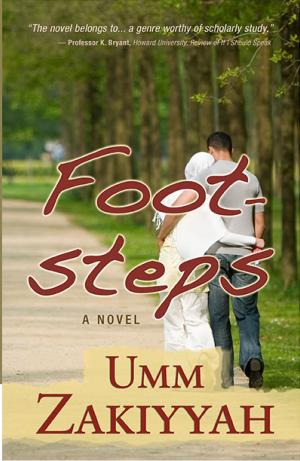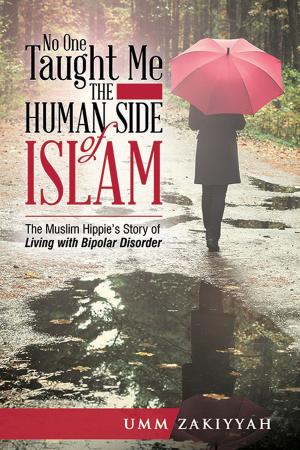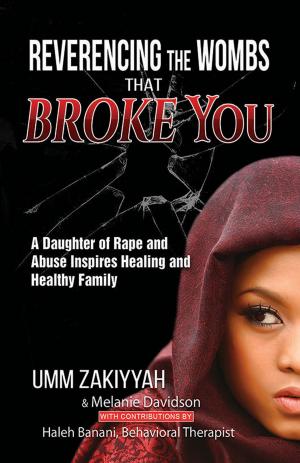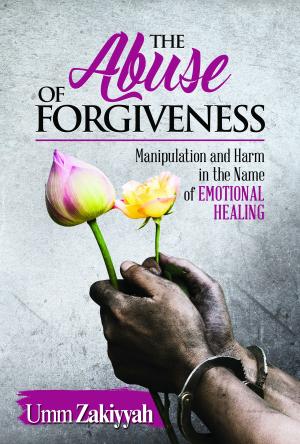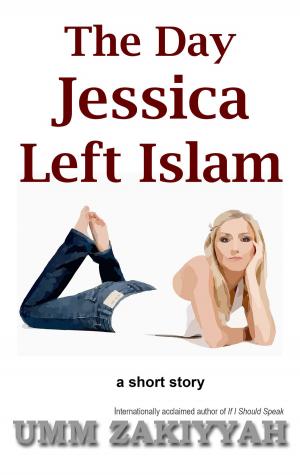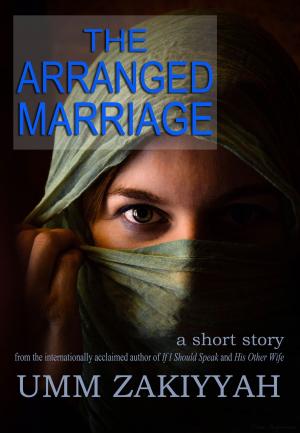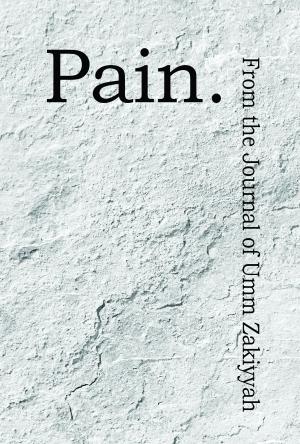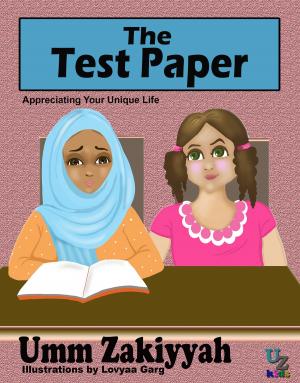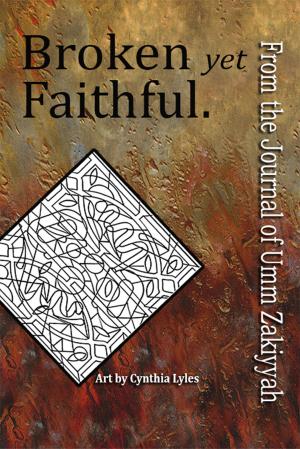Prejudice Bones in My Body: Essays on Muslim Racism, Bigotry and Spiritual Abuse
Nonfiction, Health & Well Being, Medical, Ailments & Diseases, Mental Health| Author: | Umm Zakiyyah | ISBN: | 9781370734665 |
| Publisher: | Umm Zakiyyah | Publication: | February 2, 2018 |
| Imprint: | Smashwords Edition | Language: | English |
| Author: | Umm Zakiyyah |
| ISBN: | 9781370734665 |
| Publisher: | Umm Zakiyyah |
| Publication: | February 2, 2018 |
| Imprint: | Smashwords Edition |
| Language: | English |
“There’s no racism in Islam,” many Muslims claim. Yet anti-Black racism remains a defining trait of the cultures of Arabs and South Asians, who form the majority of Muslim immigrants to the United States. In this collection of essays, Umm Zakiyyah, internationally acclaimed author of The Abuse of Forgiveness and No One Taught Me the Human Side of Islam, speaks honestly about her own experiences with anti-Black racism amongst Muslims, which include a high school teacher saying that Black people in America could never be Muslim and a fellow MSA member saying, “Nobody cares about Black Muslims.”
She also speaks frankly about victim culture and self-hate amongst African-Americans and other minorities, as well as spiritual abuse and the emotional wounding it has caused so many believing souls, hers included.
Placing heavy emphasis on self-honesty and self-correction instead of victimhood and casting blame, this book shifts the dialogue about racism, bigotry, and spiritual abuse to one of personal accountability and healing.
“There’s no racism in Islam,” many Muslims claim. Yet anti-Black racism remains a defining trait of the cultures of Arabs and South Asians, who form the majority of Muslim immigrants to the United States. In this collection of essays, Umm Zakiyyah, internationally acclaimed author of The Abuse of Forgiveness and No One Taught Me the Human Side of Islam, speaks honestly about her own experiences with anti-Black racism amongst Muslims, which include a high school teacher saying that Black people in America could never be Muslim and a fellow MSA member saying, “Nobody cares about Black Muslims.”
She also speaks frankly about victim culture and self-hate amongst African-Americans and other minorities, as well as spiritual abuse and the emotional wounding it has caused so many believing souls, hers included.
Placing heavy emphasis on self-honesty and self-correction instead of victimhood and casting blame, this book shifts the dialogue about racism, bigotry, and spiritual abuse to one of personal accountability and healing.

